Writing: Fiction
Carolyn G. Heilbrun
A leader in the American feminist movement, Carolyn G. Heilbrun wrote some of the women’s movement’s most widely read texts, including Toward a Recognition of Androgny (1973) and Reinventing Womanhood (1979). These texts encouraged readers to reconceive the role of women in society and challenge conventional notions of masculinity.
Judith Hendel
For over fifty years, Israeli author Yehudit Hendel succeeded brilliantly in making a presence of her bold, independent, “other” voice, bringing us face to face, in her own way, with the fragilities of an Israeliness in search of itself.
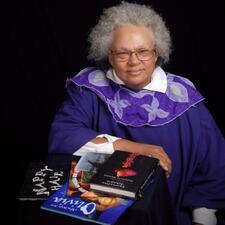
Carolivia Herron
Carolivia Herron is a retired professor, children’s book author, novelist, and librettist who lives in Washington, D.C., and works with the Epicentering the National Mall Coalition. Much of her work traces patterns of shared trauma and convergence between Blackness and Jewishness, from the late fifteenth-century Jewish expulsions from Spain and Portugal, to the Atlantic slave trade, to the Holocaust and contemporary racism and antisemitism.

Marilyn Hirsh
Laura Z. Hobson
Writer Laura Z. Hobson is best known for her book Gentleman’s Agreement (1947), about anti-Semitism in America, which was turned into the Oscar winning film starring Gregory Peck. Her unconventional life as a single mother of two in the 1930s was reflected in her writing, as well as in Consenting Adult (1975), about a mother’s growing understanding of her son’s homosexuality.
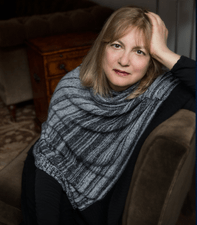
Alice Hoffman
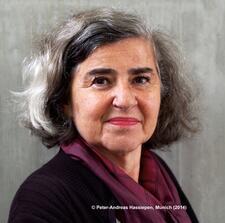
Barbara Honigmann

Fannie Hurst
Fannie Hurst was among the most popular and sought-after writers of the post-World War I era. In her heyday, Hurst commanded huge sums from the motion picture magnates who acquired the rights to her works, 29 of which have been made into movies. Back Street (1932, 1941, 1961), Imitation of Life (1934, 1959), and Humoresque (1920, 1946) are the best known.
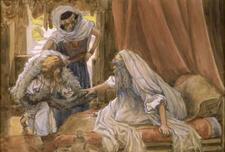
Rebekah Gumpert Hyneman
Rebekah Gumpert Hyneman was one of a small group of American Jewish women who published their work in the nineteenth century. She used her writing to showcase her love and devotion to Judaism. In her work, she encouraged American Jews to resist assimilation and understand the significance of their religion and also aimed to educate uninformed and anti-semitic non-Jews.
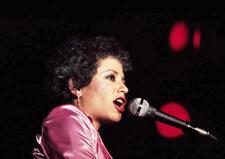
Janis Ian
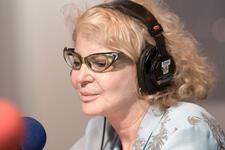
Paula Jacques
Paula Jacques (b. 1949) is a French radio hostess and a novelist. Her works, which feature memorable female protagonists, most often portray the French-speaking Jewish community of Egypt prior to their expulsion at the time of the Suez crisis.
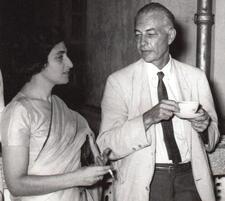
Ruth Prawer Jhabvala
Ruth Prawer Jhabvala was a novelist, short story writer, and two-time Academy Award-winning screenwriter. Known for her nuanced depiction of exile and identity, she is the only person to have won both a Booker Prize and an Oscar.
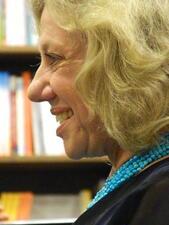
Erica Jong
Erica Jong is an American writer most famous for her bestselling novel Fear of Flying (1973). Sometimes controversial in her role as a media celebrity, Jong has published novels, poetry collections, memoirs, works of literary criticism, and literary anthologies, most often focusing on the explicit expression of women’s sexuality and neglected or untold stories of contemporary and historical women.
Helen Joseph
An internationally renowned puppeteer and author on marionettes, Helen Haiman Joseph made a career entertaining and educating audiences of all ages with the performance of puppetry. She created the Pinocchio Players in 1924, writing and producing plays for clubs, schools, and hospitals. Joseph also wrote several children’s books.

Rachel Kadish
Amalia Kahana-Carmon
Amalia Kahana-Carmon was an Israeli author, activist, literary critic, and feminist. She was the recipient of many prestigious literary prizes, the “darling” of Israeli academe, and the subject of several scholarly Hebrew monograph. Her Woolfian Modernist literary works have contributed to the development of Israeli postmodernist, multicultural feminism.
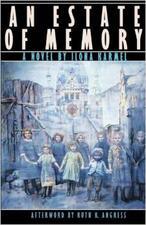
Ilona Karmel
Ilona Karmel transformed details of her experiences as a Polish-Jewish prisoner in Nazi work camps and as a patient undergoing a prolonged convalescence into two compelling and memorable novels. Karmel was a distinguished writer, winning a fiction contest from Mademoiselle and teaching awards from the Massachusetts Institute of Technology.
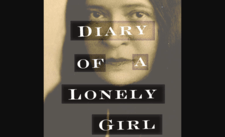
Miriam Karpilove
Miriam Karpilove was a pioneer among women writers of Yiddish fiction. She produced scores of works of short fiction and many novels about the roles of women in immigrant Jewish culture, most of which were serialized in the American Yiddish press during the first half of the twentieth century.
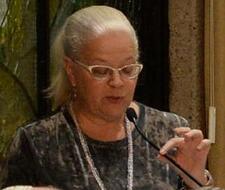
Judith Katzir
Yehudit Katzir (b. 1963) is an Israeli author who emerged as a leading female voice in what had been a male-dominated literary field until the 1980s. Her novels and short stories are noted for their idiosyncratic and lyrical language, as well as their focus on female identity and treatment of taboo themes.
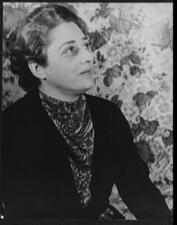
Beatrice Kaufman
Regarded as one of the wittiest women in New York during the 1930s and 1940s, Beatrice Kaufman edited important works of modernist poetry and fiction, published short stories of her own in the New Yorker, and saw several of her plays produced on Broadway. Her life demonstrated that a perceptive, ironic, and acculturated Jewish woman could become a valuable contributor to New York’s literary subculture.
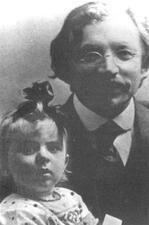
Bel Kaufman
Bel Kaufman was the author of Up the Down Staircase, a novel that gently parodied the public school system in New York City. Published in 1964, the book went on to sell six million copies, spent 64 weeks on the best-seller list, and inspired a film adaptation in 1967 and a popular school play. She was also the granddaughter of Yiddish writer Sholem Aleichem, whose stories formed the musical Fiddler on the Roof.
Lyalya Kaufman
Lyalya Kaufman, the eldest daughter of Sholem Aleichem, is known for her writings in the Forverts, Tsukunft, and other Yiddish literary journals. Her intimate vignettes gained her thousands of loyal readers throughout the years.
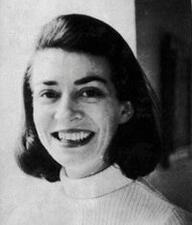
Sue Kaufman
Writer Sue Kaufman is best-known for her novel, Diary of a Mad Housewife (1967), which was made into a movie in 1970 with Carrie Snodgress in the title role. Her numerous books focus on observations of the upwardly mobile urban middle class in which she lived.
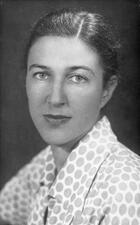
Nancy Florence Keesing
Nancy Keesing was an influential figure on the Australian literary scene, not only as an author, editor, and critic, but also as an advocate and administration. She wrote poetry and ensured the preservation of nineteenth-century Australian songs and rhymes.
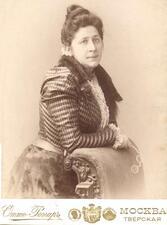
Rashel Mironovna Khin
Rashel Mironovna Khin hosted salons that made her the toast of Imperial Russia, and, with the help of the novelist Ivan Turgenev, became the first Jewish woman to publish major literary works in the Russian language. As an affluent member of the Jewish merchant class, she received a first-class European education and portrayed the anxieties of the Russian-Jewish elite in her fiction.


